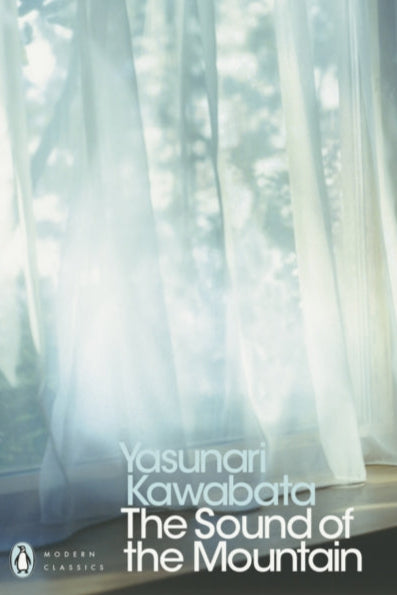Classics of Japanese Literature
This collection gathers Japan’s most influential works. The Tale of Genji and The Pillow Book offer glimpses of court life. No Longer Human, The Sound of the Mountain and The Makioka Sisters reveal postwar emotions and family pressures. These books span centuries, covering beauty, alienation and tradition. Ideal for readers exploring Japan’s cultural roots through novels that have shaped the country’s literature.

The Tale of Genji - Murasaki Shikibu
Written in the eleventh century, this exquisite portrait of courtly life in medieval Japan is widely celebrated as the world's first novel - and is certainly one of its finest. Genji, the Shining Prince, son of an emperor, is a passionate character whose tempestuous nature, family circumstances, love affairs, alliances, and shifting political fortunes form the core of this magnificent epic.

No Longer Human - Osamu Dazai
Mine has been a life of much shame. I can’t even guess myself what it must be to live the life of a human being. Portraying himself as a failure, the protagonist of Osamu Dazai’s No Longer Human narrates a seemingly normal life even while he feels himself incapable of understanding human beings. His attempts to reconcile himself to the world around him begin in early childhood, continue through high school, where he becomes a “clown” to mask his alienation, and eventually lead to a failed suicide attempt as an adult. Without sentimentality, he records the casual cruelties of life and its fleeting moments of human connection and tenderness.

The Sound of the Mountain - Yasunari Kawabata
Ogata Shingo is growing old, and his memory is failing him. At night he hears only the sound of death in the distant rumble from the mountain. The relationships which have previously defined his life - with his son, his wife, and his attractive daughter-in-law - are dissolving, and Shingo is caught between love and destruction. Lyrical and precise, The Sound of the Mountain explores in immaculately crafted prose the changing roles of love and the truth we face in ageing.

The Pillow Book - Sei Shonagon
Written by the court gentlewoman Sei Shonagon as a journal for her own amusement, The Pillow Book is one of the greatest works of Japanese literature. A fascinating exploration of life amongst the nobility at the height of the idyllic Heian period, it describes the exquisite pleasures of a confined world in which poetry, love, fashion and whim dominated. From brief reflections to longer, lyrical tales, Shonagon moves elegantly across themes including nature, society and her own flirtations and frustrations, to provide a witty, unique insight into a woman's life at court in classical Japan.

The Makioka Sisters - Junichiro Tanizaki
Tanizaki's masterpiece is the story of four sisters, and the declining fortunes of a traditional Japanese family. It is a loving and nostalgic recreation of the sumptuous, intricate upper-class life of Osaka immediately before World War Two. With surgical precision, Tanizaki lays bare the sinews of pride, and brings a vanished era to vibrant life.
